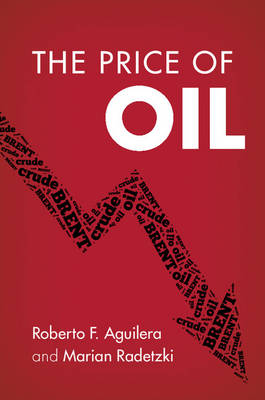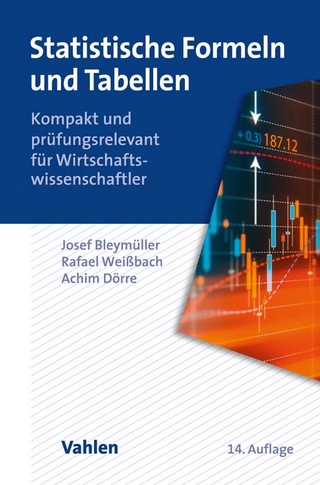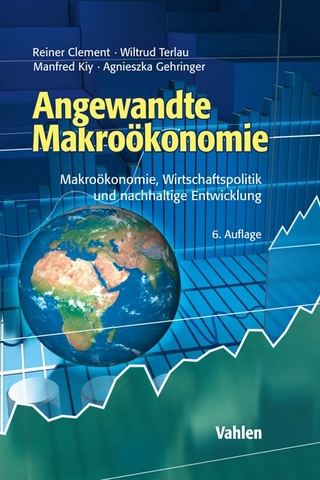
The Price of Oil
Cambridge University Press (Verlag)
978-1-107-11001-4 (ISBN)
Drawing on their extensive knowledge of the oil industry, Roberto F. Aguilera and Marian Radetzki provide an in-depth examination of the price of the world's most important commodity. They argue that although oil has experienced an extraordinary price increase over the past few decades, we have now reached a turning point where scarcity, uncertain supply and high prices will be replaced by abundance, undisturbed availability and suppressed price levels. They look at the potential of new global oil revolutions to bring the upward price push to an end and examine the implications of this turnaround for the world economy, as well as for politics, diplomacy, military interventions and the efforts to stabilize climate. This book will appeal to a wide readership of both academics and professionals working in the energy industry, as well as to general readers interested in the ongoing debate about oil prices.
Roberto F. Aguilera is an adjunct research fellow at Curtin University, Australia, and an associate of Servipetrol Ltd, Canada. He has participated in numerous energy studies, including with the World Petroleum Council, US National Petroleum Council, and UN Expert Group on Resource Classification. Marian Radetzki is Professor of Economics at Luleå University of Technology, Sweden. He has held visiting professorships at Colorado School of Mines, and at Pontificia Catholic University of Chile, researching on minerals and energy. In the 1970s, Professor Radetzki worked as Chief Economist at the International Copper Cartel, and has undertaken numerous consultancies over the years.
Acknowledgements; 1. Introduction and overview; Part I. Oil's Extraordinary Price History: How Can It Be Explained?: 2. The price of oil since the early 1970s: observations and implications; 3. OPEC and its behavior cannot explain oil's price performance; 4. Can depletion and rising costs explain the price developments?; 5. State ownership, government greed and the slowdown of capacity expansion; 6. The resource curse and capacity destruction; Part II. The Shale and Conventional Oil Revolutions: Low Prices Ahead: 7. The shale revolution: US achievements to date and envisaged impacts on global energy markets; 8. Longevity of US shale oil: have we only seen the beginning?; 9. The conventional oil revolution; 10. Environmental issues arising from the revolutions; 11. Will the revolutions spread globally?; 12. A substantial long-term price fall in store; Part III. Global Implications for the Macroeconomy, the Environment and for Politics: 13. Impact on macroeconomy and trade balances; 14. Climate policy with low oil prices; 15. Political repercussions; Conclusions: 16. What have we learnt?; References; Index.
| Zusatzinfo | 18 Tables, black and white; 18 Line drawings, unspecified |
|---|---|
| Verlagsort | Cambridge |
| Sprache | englisch |
| Maße | 155 x 229 mm |
| Gewicht | 510 g |
| Themenwelt | Recht / Steuern ► EU / Internationales Recht |
| Technik ► Elektrotechnik / Energietechnik | |
| Wirtschaft ► Volkswirtschaftslehre ► Makroökonomie | |
| ISBN-10 | 1-107-11001-7 / 1107110017 |
| ISBN-13 | 978-1-107-11001-4 / 9781107110014 |
| Zustand | Neuware |
| Haben Sie eine Frage zum Produkt? |
aus dem Bereich


